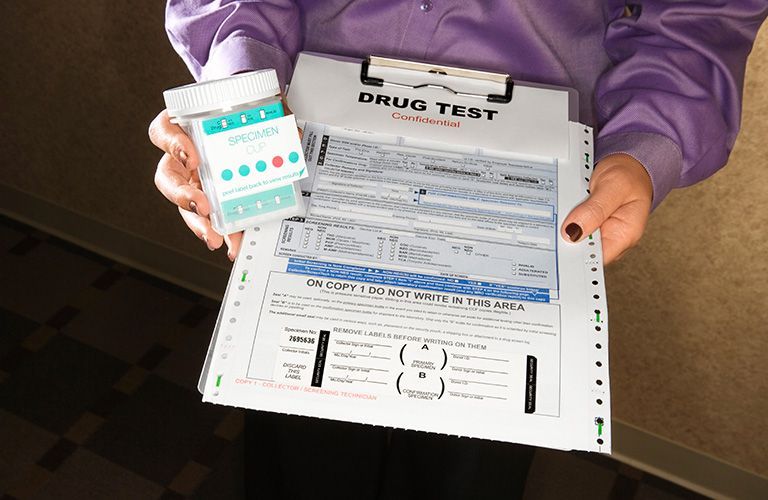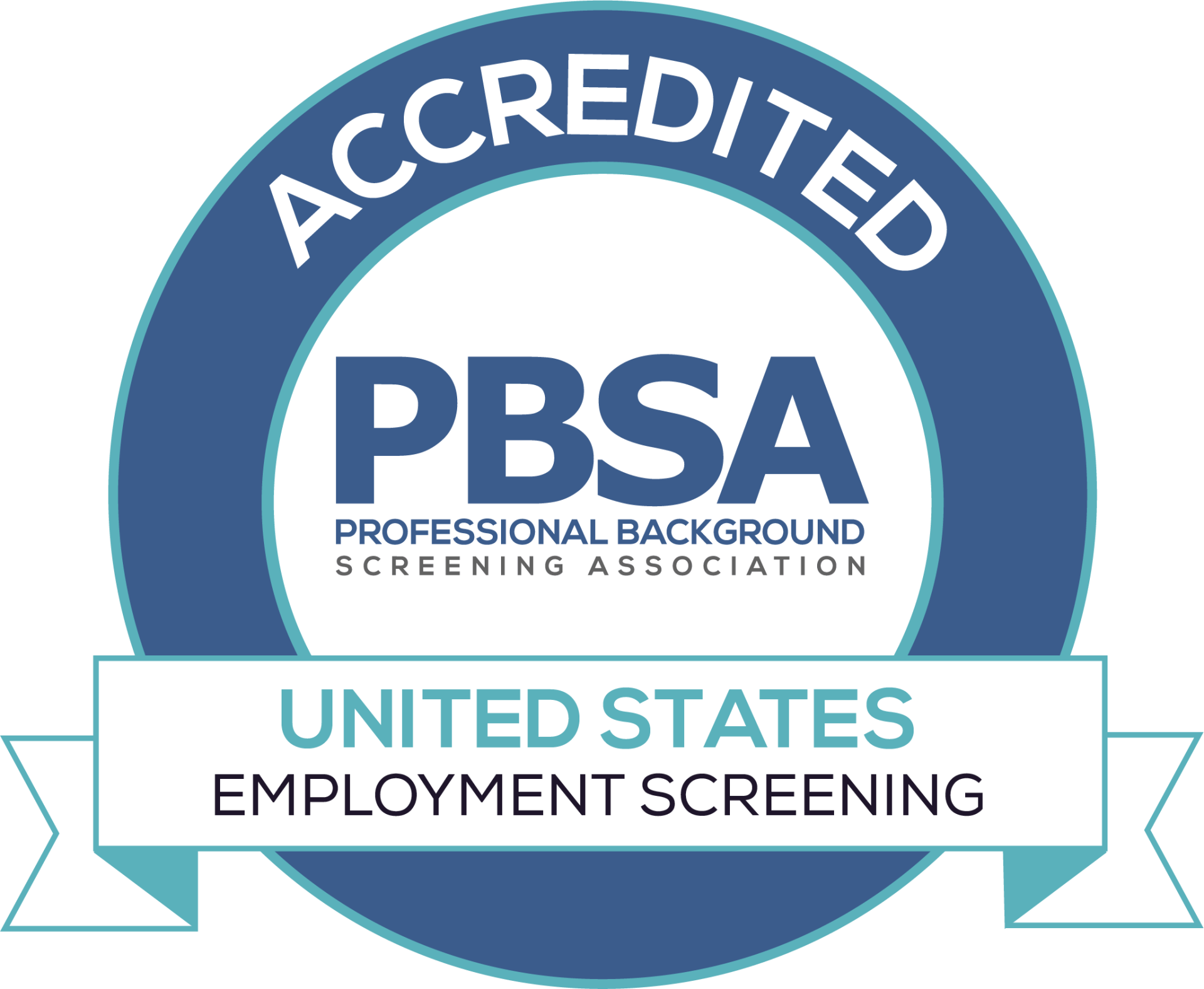Blog Post
GOVERNMENT GUIDANCE IN PREPARING WORKPLACES FOR CORONAVIRUS
Mark Ridgeway • April 16, 2020

We are truly living in unique times. The coronavirus pandemic is impacting everyone from our families, to our businesses, to our first responders who are bravely on the front lines.
As the situation continues to affect our world, we at CourtHouse Concepts want to provide you with resources, from a “safety in the workplace” perspective, on how our government is preparing for and dealing with Coronavirus in the workplace.
On March 9, 2020, the U.S. Department of Labor’s (DOL) Occupational Safety and Health Administration (OSHA) published “Guidance on Preparing Workplaces for COVID-19”
– which was developed in collaboration with the U.S. Department of Health & Human Services (HHS) – to help companies respond in the event of coronavirus in the workplace.
The article serves as a resource for businesses to use for preventing the spread of COVID-19 and contains information on safe work practices and appropriate personal protective equipment based on the risk level of exposure.
Part of the DOL’s ongoing efforts to educate the workers and employers about the COVID-19 outbreak, the guidance from OSHA is at www.osha.gov/Publications/OSHA3990.pdf.
In addition to the guidance, OSHA recently launched a COVID-19 webpage
that provides infection prevention information specifically for workers and employers, and is actively reviewing and responding to any complaints regarding workplace protection from novel coronavirus, as well as conducting outreach activities.
Also, The Wage and Hour Division is providing information on common issues employers and employees face when responding to COVID-19, including effects on wages and hours worked under the Fair Labor Standards Act and job-protected leave under the Family and Medical Leave Act.
And finally, The Office of Workers’ Compensation Programs has also published guidance
for federal employees and outlines Federal Employees’ Compensation Act coverage as it relates to the novel coronavirus.
“Protecting the health and safety of America’s workforce is a key component of this Administration’s comprehensive approach to combating the coronavirus,” Principal Deputy Assistant Secretary for Occupational Safety and Health Loren Sweatt stated in the OSHA news release. “This guidance outlines practical ways that employers and workers can address potential health risks from the coronavirus in their workplaces.”
Under the Occupational Safety and Health Act of 1970, employers are responsible for providing safe and healthful workplaces for their employees. OSHA’s role is to help ensure these conditions for America’s working men and women.
At CourtHouse Concepts, we are still running at full capacity, even if our employees are having to work from home. Please let us know if you need anything or have questions. Above all, stay healthy!
Share
Tweet
Share
Mail
Have questions? Let's talk!
Thank you for contacting us.
We will get back to you as soon as possible.
We will get back to you as soon as possible.
Oops, there was an error sending your message.
Please try again later.
Please try again later.

By Mark Ridgeway
•
October 26, 2023
Drug testing in the workplace is a practice that has gained significant attention in recent years. It involves screening employees for the use of illicit substances and, in some cases, the abuse of prescription medications. While there are arguments against workplace drug testing, it undeniably offers numerous benefits to both employers and employees. In this blog post, we will explore the advantages of employee drug testing programs and why you should implement one for your business. Safety and Productivity One of the most compelling reasons for drug testing in the workplace is the enhancement of safety and productivity. Employees under the influence of drugs or alcohol are more likely to cause accidents, make errors, and exhibit impaired judgment. Drug testing helps identify individuals with substance abuse issues, preventing them from putting themselves and their colleagues at risk. A safer workplace leads to increased productivity, as employees can focus on their tasks without worrying about the consequences of impaired coworkers. Legal Compliance Many industries and government contracts require drug testing as part of compliance with specific regulations. By implementing drug testing, employers can ensure they meet these legal requirements, avoiding potential fines or the loss of contracts. This legal compliance also extends to workers' compensation claims, where having a drug-free workplace can be essential in demonstrating that accidents were not caused by substance abuse. Reduction of Healthcare Costs Drug testing can contribute to reducing healthcare costs. Employees struggling with substance abuse issues often require more medical attention due to the health problems associated with drug and alcohol use. Identifying these individuals early on and offering support and treatment can lead to healthier employees, lower healthcare expenses, and a reduced burden on insurance premiums. Reduce Legal Liability The U.S. Department of Labor estimates that drug use by employees cost businesses billions of dollars annually as a result of workplace accidents. The implementation of a drug testing policy can assist your business in reducing these costs by lowering your risks and liability. Improved Employee Morale A workplace free from substance abuse concerns can boost employee morale. When employees know their colleagues are not abusing drugs or alcohol, they are more likely to feel safe, respected, and motivated. This can lead to increased job satisfaction and a more positive work environment, ultimately reducing turnover rates. Enhanced Company Reputation Employers that invest in drug testing programs demonstrate a commitment to a safe and responsible workplace. This commitment can enhance a company's reputation, making it more attractive to potential employees, customers, and partners. A strong reputation for maintaining a drug-free environment can differentiate a company in a competitive marketplace. Early Intervention Drug testing not only identifies employees with substance abuse issues but also offers an opportunity for early intervention. Employers can connect these individuals with resources, such as Employee Assistance Programs (EAPs), counseling, and treatment options. Early intervention can prevent the escalation of substance abuse problems and help employees overcome their issues, ultimately preserving their careers. Deterrence The knowledge that random drug testing is in place can act as a deterrent for employees who may consider using drugs or alcohol inappropriately. The fear of testing positive can discourage substance abuse and create a culture of accountability within the workplace. In conclusion, when administered fairly and with respect for employees' rights, drug testing can be a valuable tool in promoting a healthier and more prosperous workplace. Ultimately, the benefits of workplace drug testing outweigh the potential drawbacks, leading to safer, more productive, and more successful organizations. At CourtHouse Concepts, we can provide and manage pre-employment drug screening and set up random drug testing for your company. Call us today for a custom proposal!
Share
Tweet
Share
Mail



Get In Touch
CourtHouse Concepts, Inc.
4250 N Venetian Lane
Fayetteville, AR 72703
(877) 750-3660 or
479-582-3660
CourtHouse Concepts, Inc.
2207 Hidden Valley Drive, Suite 206
Little Rock, AR 72212
501-588-3973
About Us
CourtHouse Concepts is a background screening company that specializes in Pre-employment screening, drug testing, Live Scan Fingerprinting, DNA testing and more.
Call us today for a free quote!
Newsletter
Copyright | CourtHouse Concepts, Inc | Privacy Policy
© 2025

